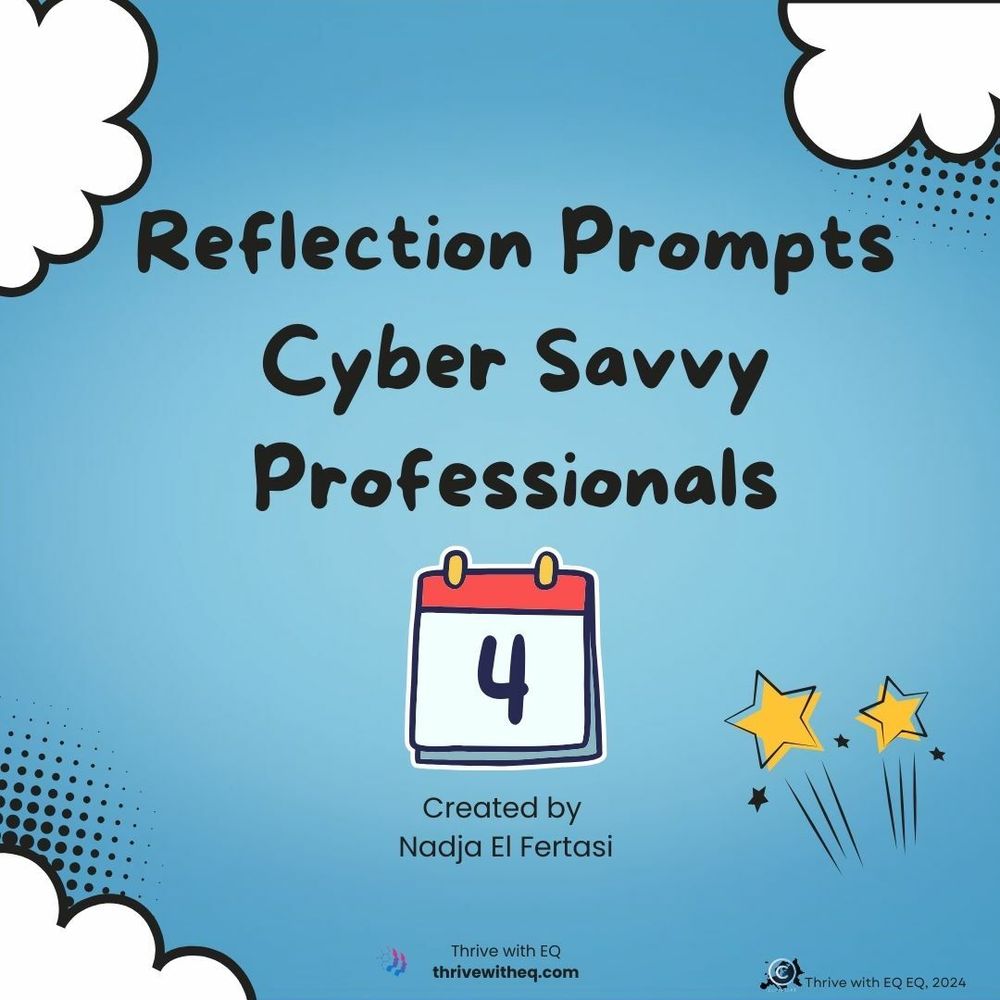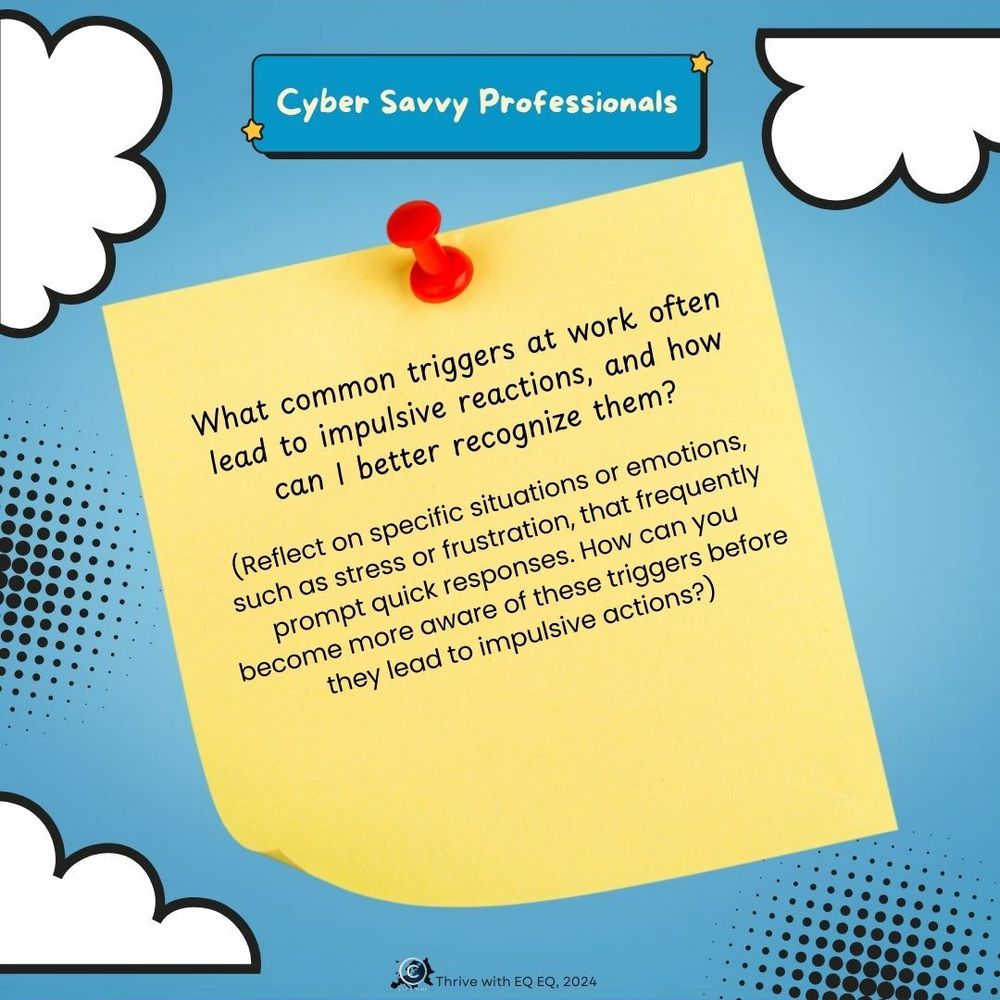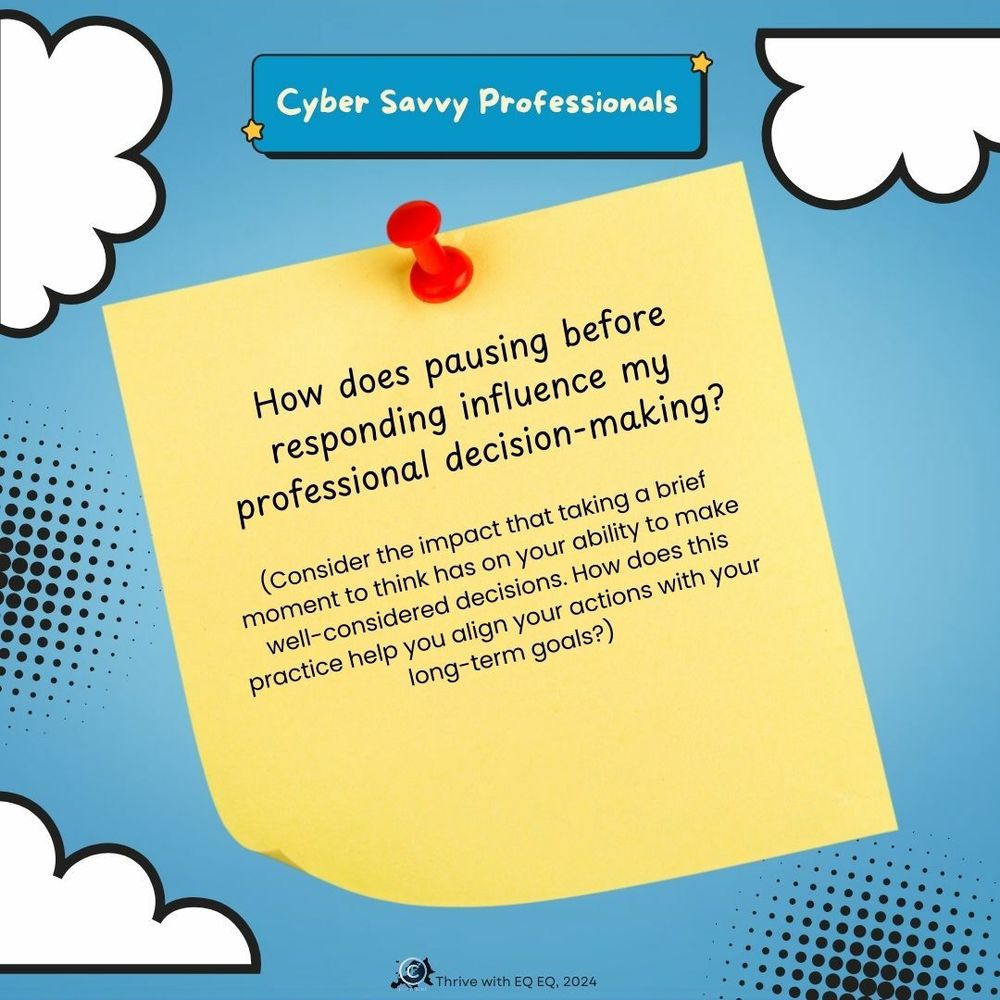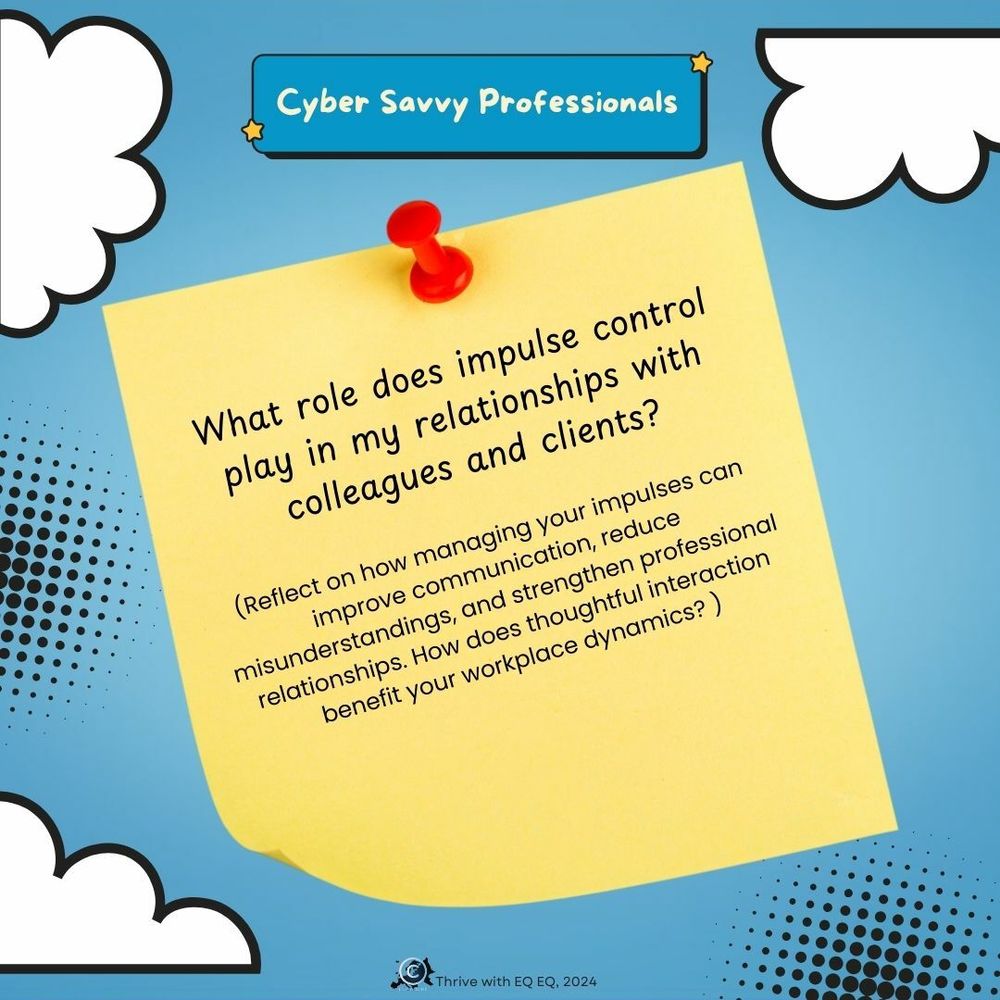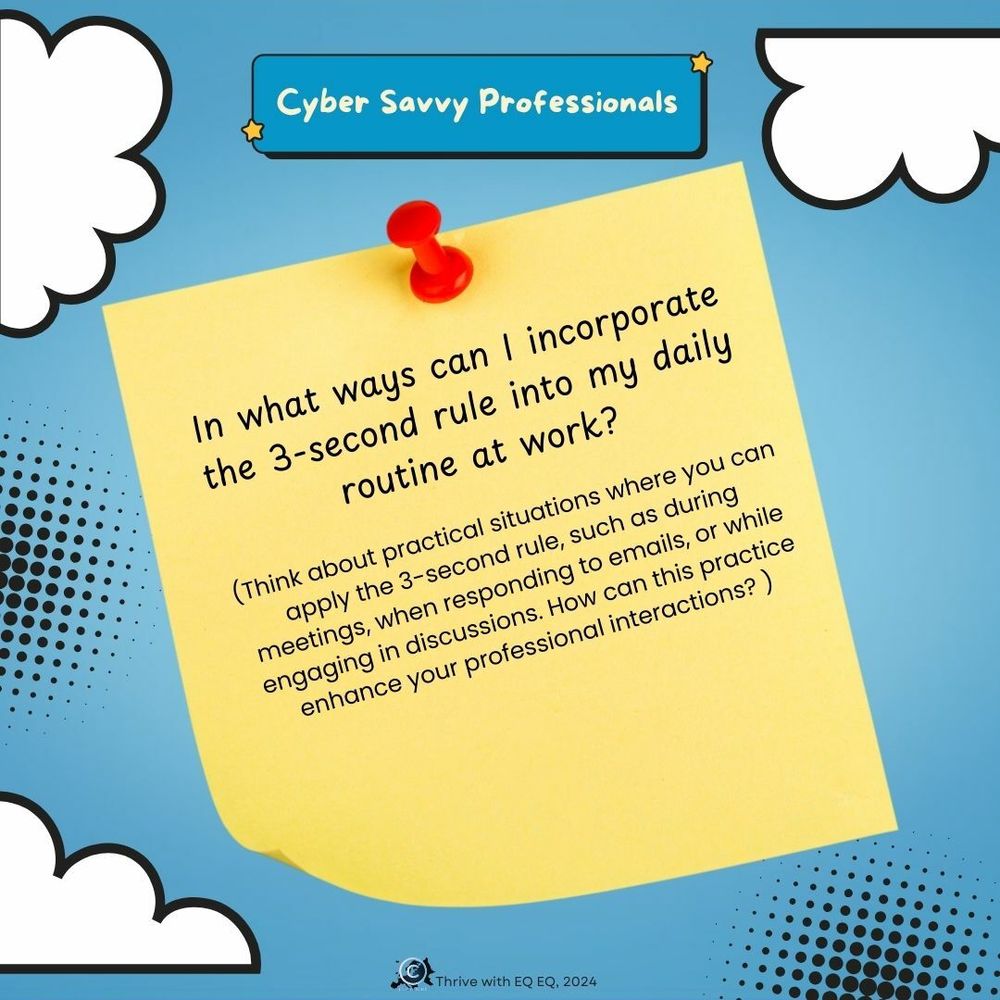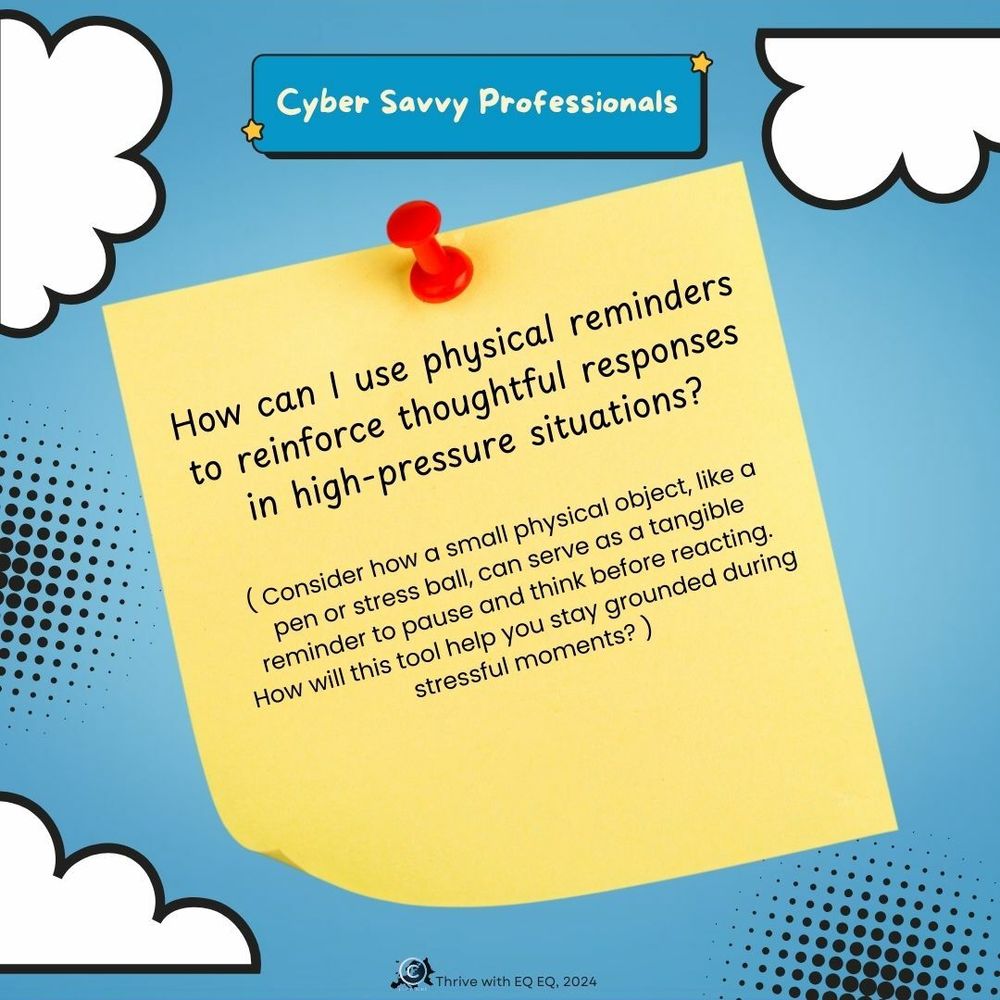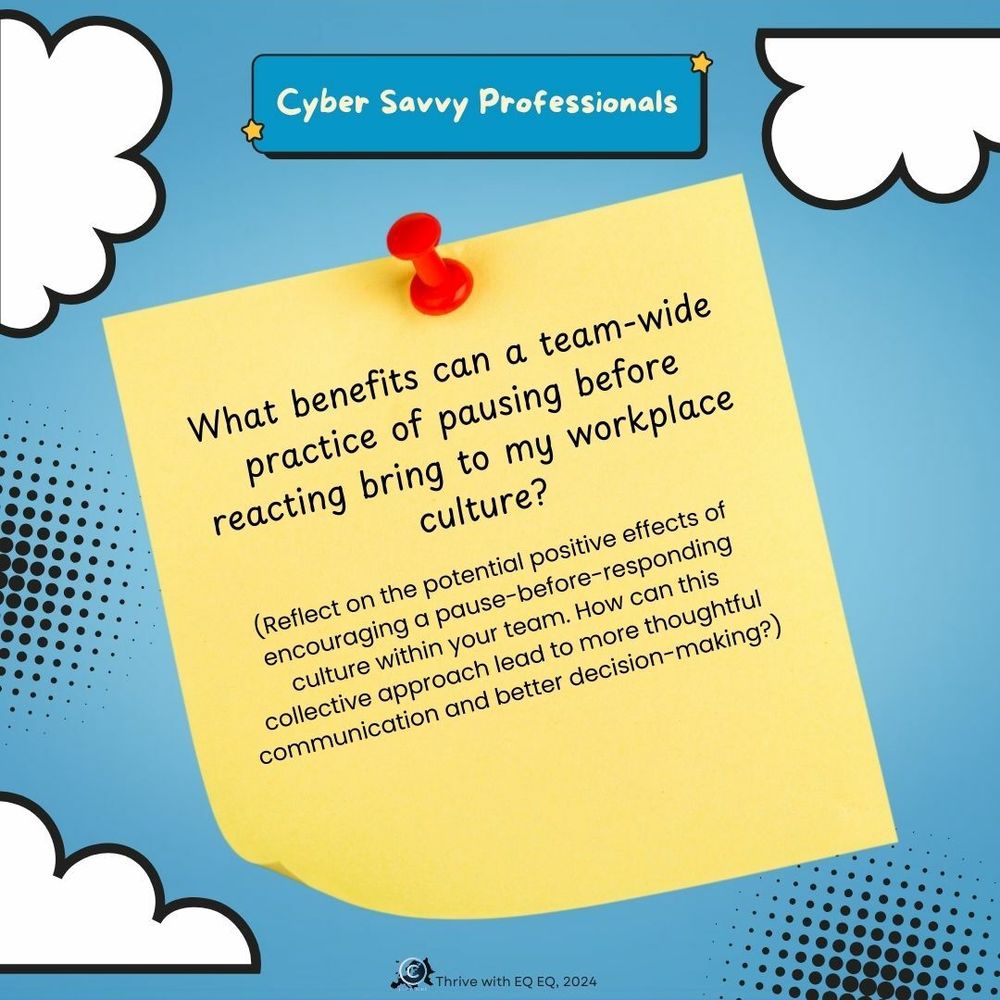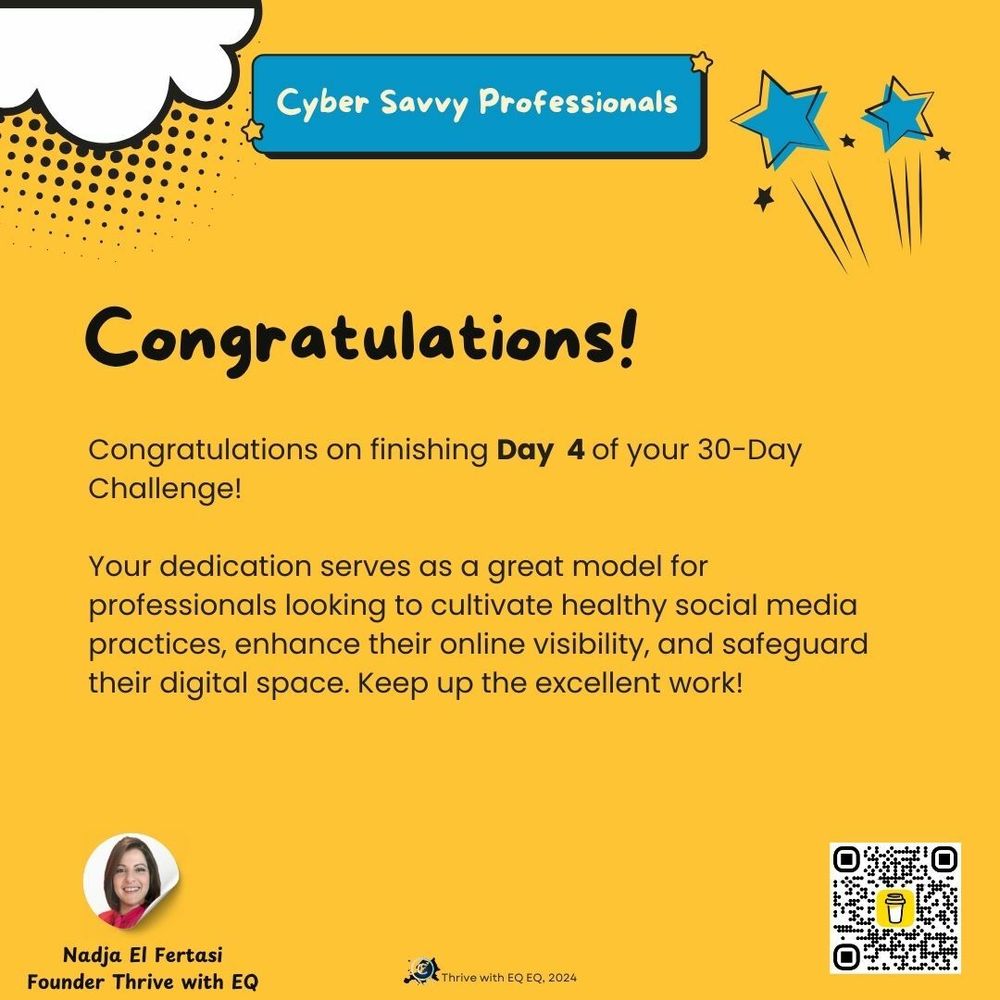Welcome back to Day 4 of your 30-Day Emotional Firewalls Challenge tailored for ambitious professionals!
Today, we’re addressing a key factor that can impact your decision-making and interactions at work: impulse control.
### Why is Impulse Control Important in the Workplace?
In a fast-paced professional environment, the ability to manage impulsive reactions is crucial. Whether it’s responding to an urgent email, reacting to a colleague’s comment, or making a quick decision under pressure, impulse control can significantly influence your effectiveness, relationships, and overall job performance.
Think about a time when you reacted quickly without fully considering the consequences—perhaps when you were stressed, under a tight deadline, or deeply invested in a project. While quick decisions are sometimes necessary, impulsive reactions can lead to misunderstandings, conflicts, or decisions that don’t align with your long-term goals.
Understanding Impulsive Reactions:
1. Identify Common Triggers:
- Explanation: Certain emotions or situations can trigger impulsive reactions, such as stress, excitement, or frustration.
- Example: In a work setting, triggers might include receiving a critical email from a client, a sudden change in project scope, or a tense meeting with a colleague. Recognizing these triggers is the first step to managing your responses more effectively.
2. The Role of the Pre-Frontal Cortex:
- Explanation: The pre-frontal cortex, responsible for thoughtful decision-making and impulse control, is crucial for managing workplace stress and making balanced decisions.
- Example: In high-pressure environments, our brain might default to quick reactions instead of thoughtful responses. Understanding this helps us take proactive steps to pause and reflect before acting.
Developing impulse control is a gradual process that pays off in better decision-making, stronger professional relationships, and more effective communication. Celebrate small victories along the way, and remember that thoughtful responses lead to better outcomes in both your personal and professional life.
By implementing these strategies, you’re not only enhancing your emotional intelligence but also building a stronger foundation for your career success.
See you tomorrow for Day 5 of the Emotional Firewalls Challenge!

